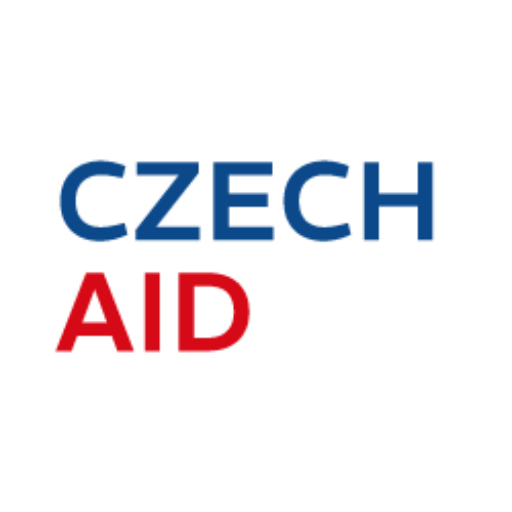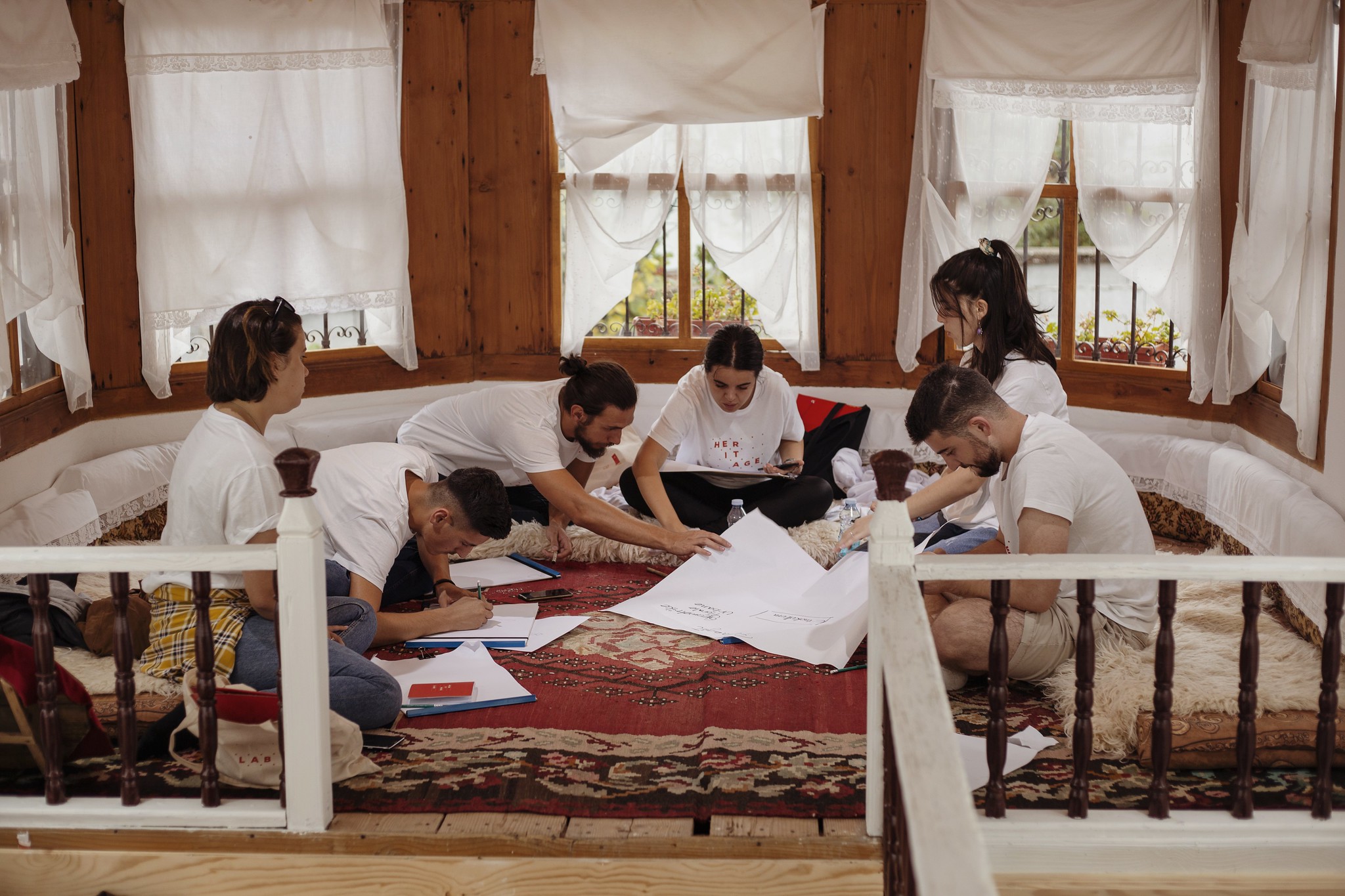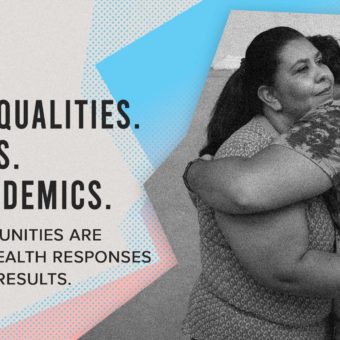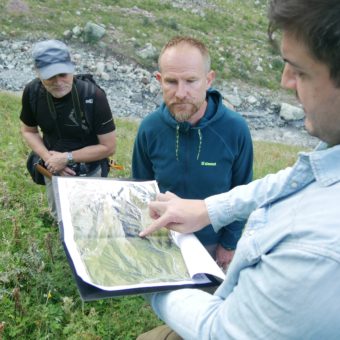Community planning in Georgia: Involving the public in regional development in Abmrolauri and Tkibuli
According to the Georgian EU Country Roadmap for Engagement with Civil Society on the local level, the main obstacle to policy dialogue is the low level of autonomy of local authorities and the limited capacities of the local authority staff. Although dialogue mechanisms do exist on paper, in practice, they are often hampered by a lack of timely information about the opportunities for dialogue, the low capacities of potential stakeholders in the process, a lack of awareness of rights to participate in decision-making and the limited authority of the local government. Where policy dialogue does take place, it is characterized by Tbilisi-based organizations engaging local authorities, which leads to questions about their credibility in representing local communities.
The project of a Czech NGO NESEHNUTÍ, which won the Challenge Fund award in Spring 2020 Call for Applications, aims to strengthen the capacity of CBOs and municipal actors to enable a productive dialogue on community development and increase public involvement in the decision-making processes at the local level. In close cooperation with the Georgian partner, it wants to create a model for the interaction, where pilot communities of Ambrolauri and Tkibuli are actively involved in the development of plans and selection of development priorities.
Read more about its objectives, challenges and current activities in an interview below!
Tell us more about the NESEHNUTÍ Challenge Fund project. How did this idea come about and what does it aim to do?
We have created this project jointly with our partner organisation Abkhazintercont, which has been operating in the region since 1998. Our cooperation has been going on for over 10 years. During this time, we have organised many events together- e. g. barcamps in Kutaisi in 2015, 2017 and 2019, which are trying to bring closer activists from different countries such as Armenia, Azerbaijan, Georgia, Ukraine and others. Together, we have decided to take our partnership to the next level by applying for the Challenge Fund grant last spring, and to focus on community planning in our proposal- a concept that functions well in many Czech towns and vilages and in which citizens can influence what to develop in their communities. Both NESEHNUTÍ and Abkhazintercont work in mostly remote areas, which is why we chose to transfer this concept to smaller Georgian municipalities and towns. During this process, Abkhazintercont helped us to identify suitable locations as they know the local environment and have ties with local administrations. In many of these places, community development plans were developed just a few years ago, but without almost any engagement with the public, which we would like to change.
At what stage is the project in at the moment?
At the beginning of the project, it was crucial to establish closer contacts with local administrations. Our local partner did that primarily, but we knew we had to get involved in the process ourselves. We planned our first trip for autumn 2020, but due to COVID-19 restrictions and not receiving formal permission to enter Georgia, it failed. We, therefore, decided to hold initial online meetings and also commenced looking for local project facilitators, who would be the key persons for successful communication with the people from local community. We have managed that recently and we found two Georgian facilitators, one directly from Tkibuli, and the other one based in Tbilisi but with close connections to Abmrolauri. In the meantime, we have also started cooperation with one Czech and one Slovak experts, who have expertise in group work facilitation and community planning and have already done the first presentations for local authorities.
However, we know that face-to-face meetings are essential for any projects focused on public participation. Our trip to Georgia finally worked out this February, when we were able to visit both Abmrolauri and Tkibuli, meet with local administrations, participants in our future study programmes and introduce our project and community planning concept. We are now at the stage of planning the study visits and follow-up training for facilitators and local representatives that should take place directly in Georgia later this year.
How would you describe your cooperation with the local partner, Abkhazintercont (AIC)?
With our new Challenge Fund project, we have broadened our cooperation with AIC and truly appreciate their inputs and dedication as they live in Georgia and understand better local conditions and issues the population is facing. Likewise, we are extremely grateful for so far productive cooperation with representatives of local administrations, facilitators and Czech and Slovak expert, who all contribute to the success of the project and its realisation.
What do you see as the project’s biggest challenge?
We had to cancel and replan many things because of the COVID-19 crisis. However, many other challenges may occur- we may not be able to convince locals to get involved, or after elections, municipal leaders may change and the newly elected ones will not be willing to continue with the concept. It is always complicated to commence cooperation on people-centred projects and find the right partners who share the same goals and vision, but we believe we are on the right track.
How will the locals benefit from the project?
We hope that our project will have diverse beneficiaries. Firstly, those would be municipality representatives, to whom we would like to show the benefits of involving citizens in decision-making. This should create a win-win situation when local authorities will better understand local needs while strengthening their position and accountability in the communities. At the same time, we want to show citizens that it bears fruit to be engaged and we want to get them used to participate in decisions







